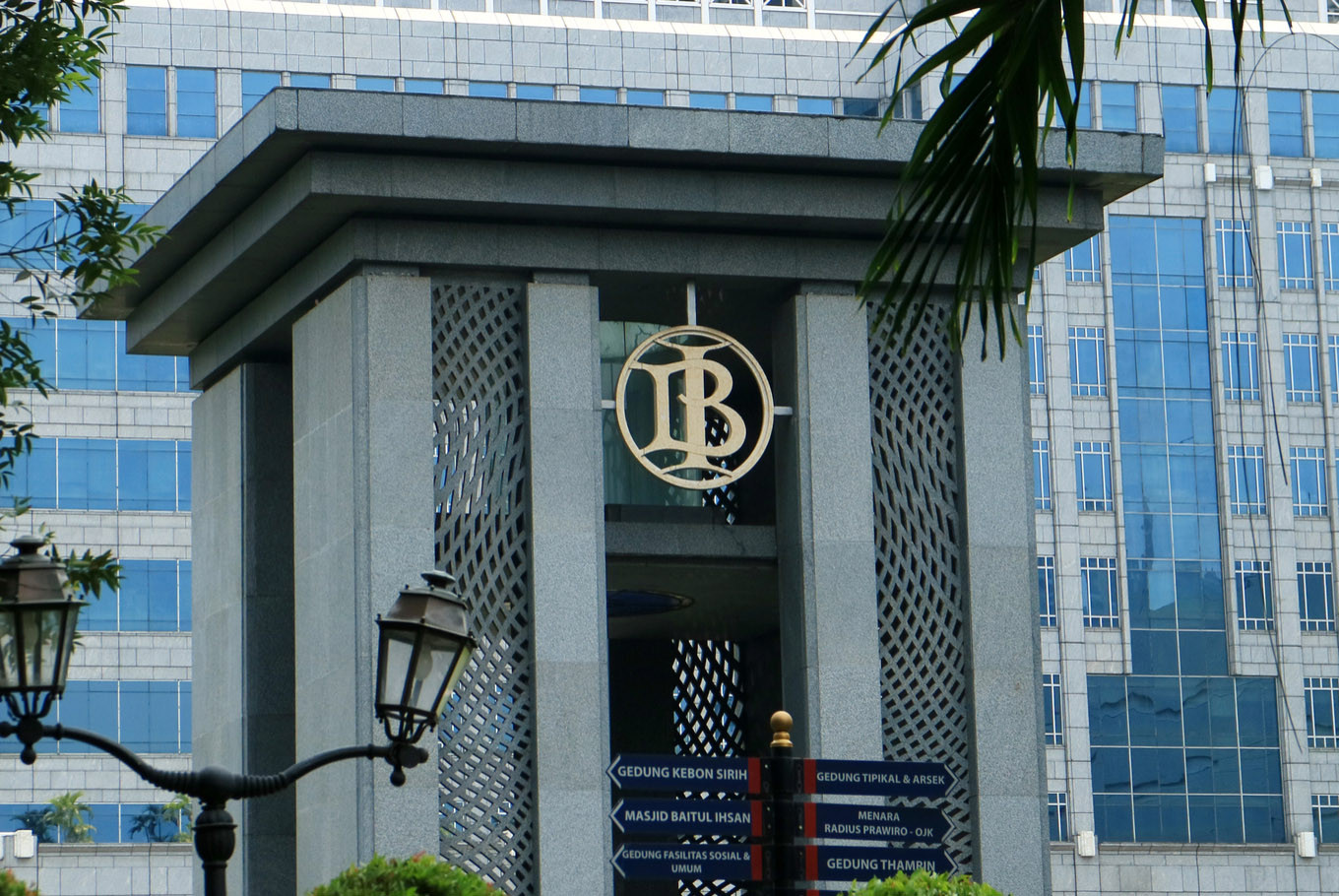Popular Reads
Top Results
Can't find what you're looking for?
View all search resultsPopular Reads
Top Results
Can't find what you're looking for?
View all search resultsBI to cut rate by 50 bps in 2020: Fitch Solutions
Bank Indonesia (BI) will further slash the nation’s benchmark interest rate by 50 basis points (bps) in 2020 to stoke economic growth amid weak domestic demand that was dragged down by a slowdown in investment, according to projections by Fitch Solutions Macro Research.
Change text size
Gift Premium Articles
to Anyone
B
ank Indonesia (BI) will further slash the nation’s benchmark interest rate by 50 basis points (bps) in 2020 to stoke economic growth amid weak domestic demand that had been dragged down by a slowdown in investment, according to projections by Fitch Solutions Macro Research.
The central bank maintained its policy rate, the seven-day reverse repo rate, at 5 percent on Thursday with benign inflation and a stable external sector, while also recognizing the need to improve the economy amid a global slowdown.
“Looking ahead, we forecast BI to undertake two 25 bps rate cuts over the course of 2020 in order to support economic activity and credit growth,” Fitch Solutions wrote in a research note. “The continued weakness in domestic demand is likely to motivate further rate cuts in 2020. We expect growth to average 5.1 percent in 2019 as a whole and then to pick-up to 5.2 percent in 2020.”
Loan growth also slowed to 6.53 percent year-on-year (yoy) in October, the slowest in more than three years and well below BI’s loan growth target of between 8 percent and 10 percent in 2019.
Indonesia’s economic growth also was the weakest in more than two years at 5.02 percent in the third quarter amid a significant decline in investment. Robust household spending and positive net exports – albeit achieved by a greater decline in imports compared to exports – helped anchor growth.
Investment, which contributed around 30 percent to GDP, grew 4.21 percent in the third quarter, slower compared to the 6.96 percent growth booked over the same period last year.
The decline in investment could be attributed to uncertainties surrounding the presidential and legislative elections in April and the unveiling of the new government in October as businesses were in wait-and-see mode to gain clarity over the Cabinet in President Joko “Jokowi” Widodo’s second term, Fitch Solutions wrote in the note.
Meanwhile, Indonesia’s Purchasing Manager Index (PMI) – a key indicator to gauge industrial activity – was booked at 48.2, according to IHS Markit data. A PMI score below 50 indicates that the manufacturing industry is contracting.
Fitch Solutions also forecast that Indonesia will continue to face trade-related headwind despite the “phase one” trade deal recently struck between China and the United States due to its recent policy to ban nickel ore exports starting January 2020.
The headwind, coupled with an expected increase of imports in capital goods due to the resumption of public projects and mild appreciation of the US dollar next year, could increase depreciatory pressure on the rupiah in 2020, Fitch Solutions has forecast.










